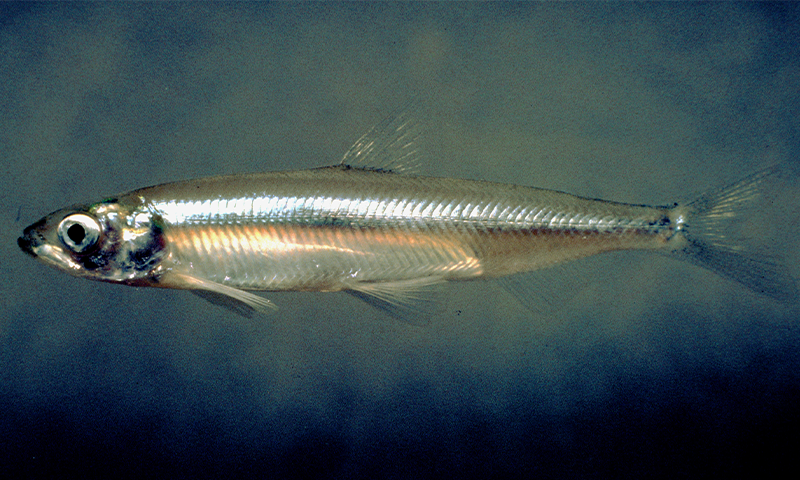Now Reading: Crafting Backpacks to Save Tiny Fish
-
01
Crafting Backpacks to Save Tiny Fish
Crafting Backpacks to Save Tiny Fish

Quick Summary:
- Researchers are exploring the use of cutting-edge small tracking tags to study underwater life more effectively, particularly species such as the delta smelt.
- Delta smelt, native to California’s Sacramento-San Joaquin delta, has been pushed toward extinction due to pollution, invasive species, and water management challenges.
- Current tracking technologies are often too heavy or invasive for smaller aquatic species like the smelt. Existing tags can weigh more than what the fish can handle safely.
- Advances at Pacific Northwest National Laboratory (PNNL) have led to experimental micro-tags that are lightweight (similar in size to a grain of rice), feature dense energy micro-batteries, and transmit signals up to hundreds of meters for nearly 40 days.
- Scientists plan to use these novel tags for studying migration patterns and behaviors of critical fish populations such as juvenile American shad and possibly start applying the technology on delta smelt by 2026.
- Challenges still exist in adapting receiver networks for higher-frequency transmissions from small acoustic tags required for underwater studies.
Indian Opinion Analysis:
The progress in tagging technology opens significant avenues for studying endangered aquatic ecosystems globally. For India-home to critical freshwater biodiversity-the application of such innovations could benefit efforts targeting conservation concerns like dwindling fish stocks in rivers such as the Ganges or Brahmaputra. Enabling granular tracking data might provide actionable insights into migration routes and spawning habits crucial for ecosystem management.
However, logistical hurdles remain: India would require customized infrastructure capable of receiving high-frequency transmissions needed by devices optimized for tiny aquatic creatures. If embraced early with partnerships similar to those discussed internationally hear, India’s resource managers could gain a vital tool against ecological degradation that impacts livelihoods dependent on inland fisheries across diverse water systems.




























